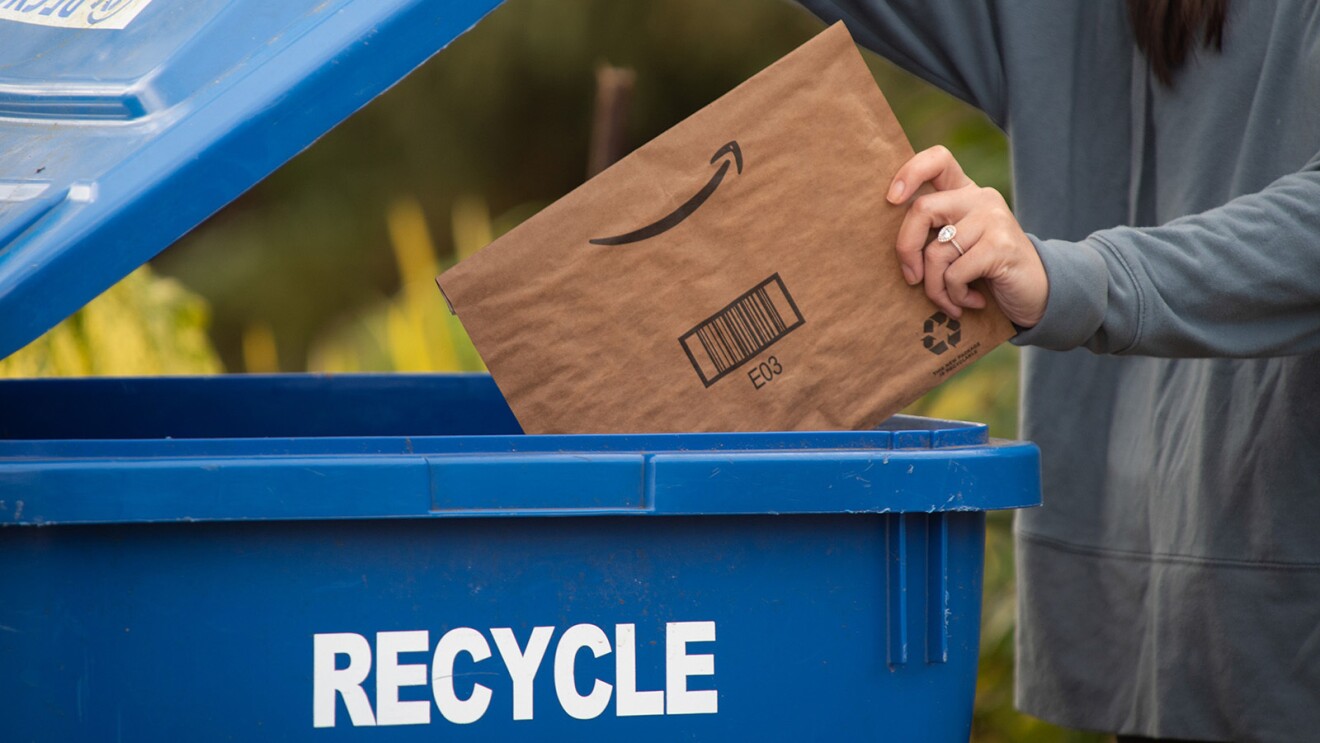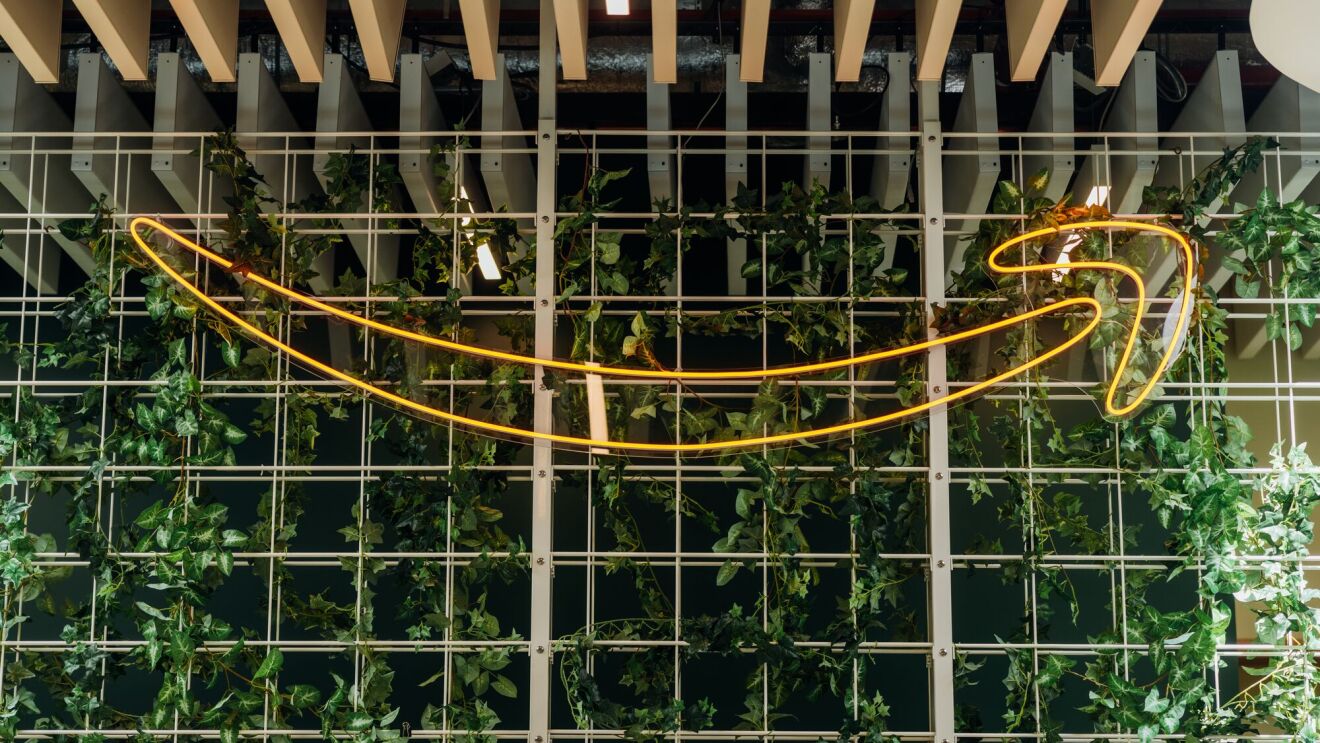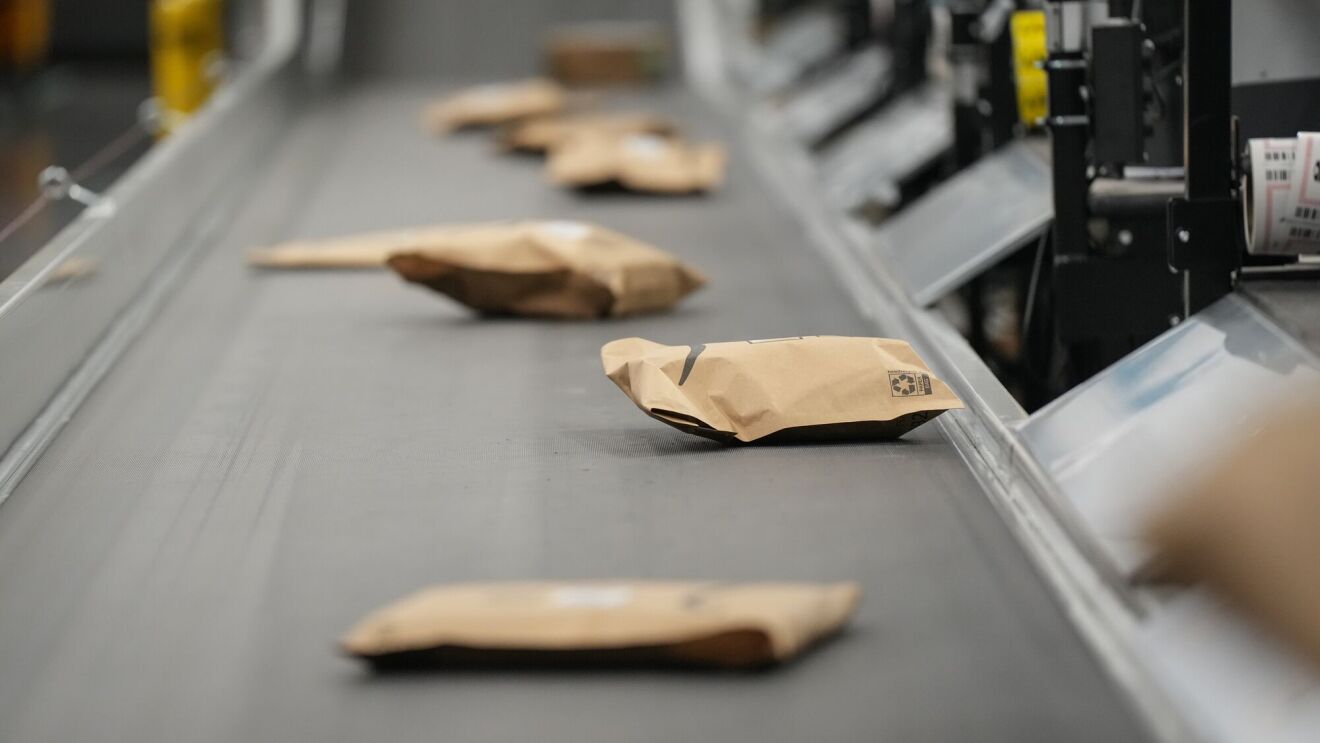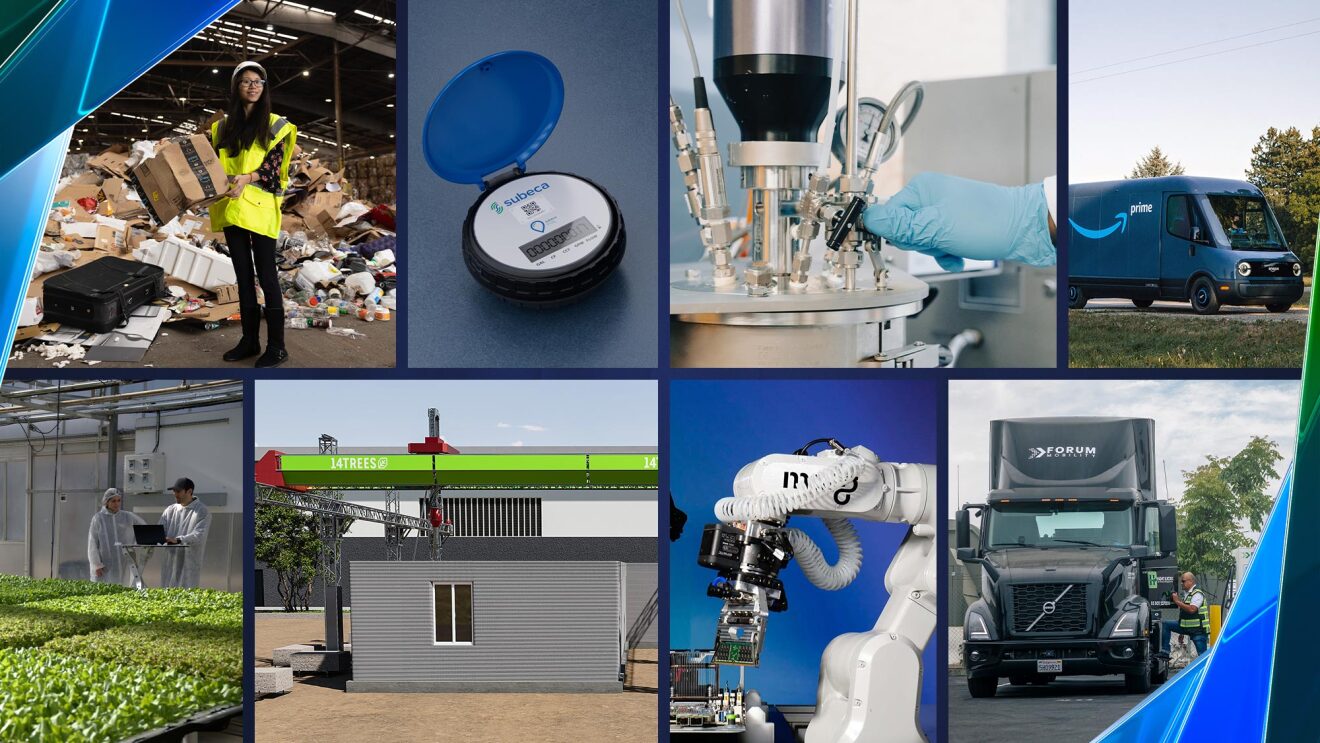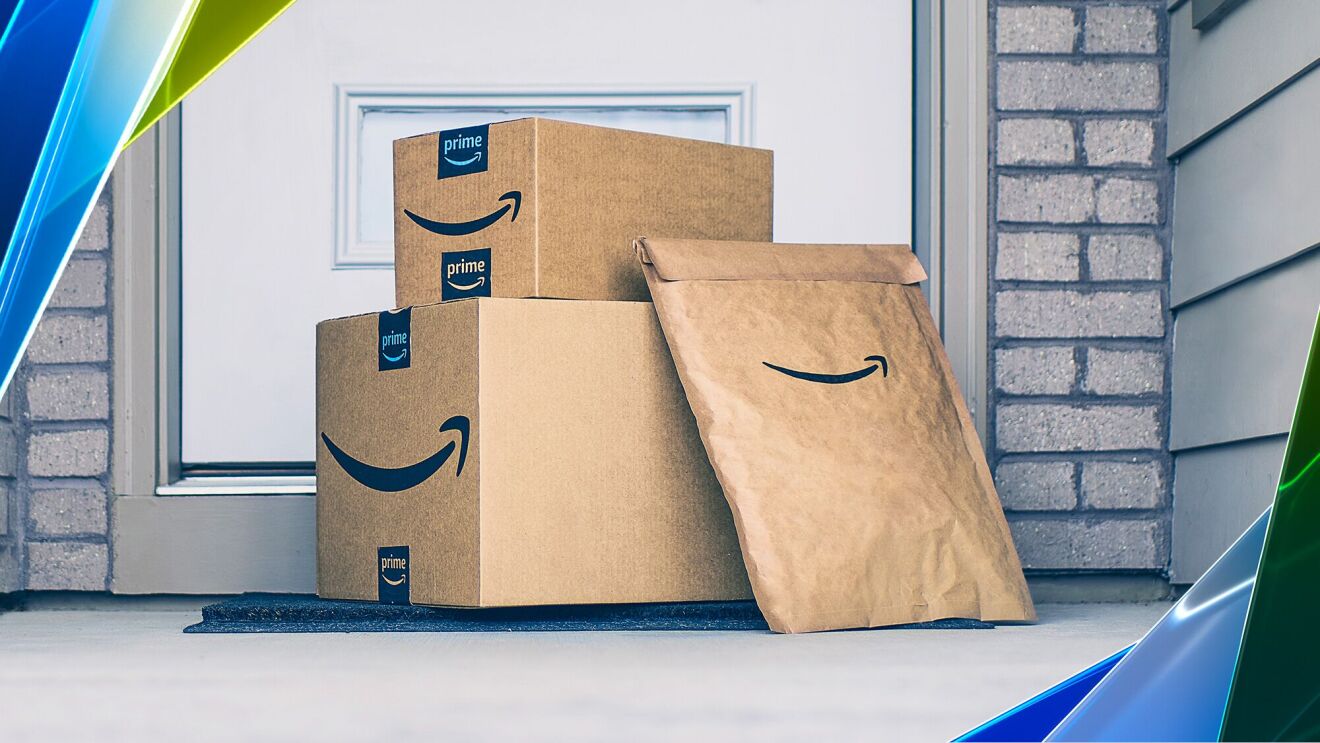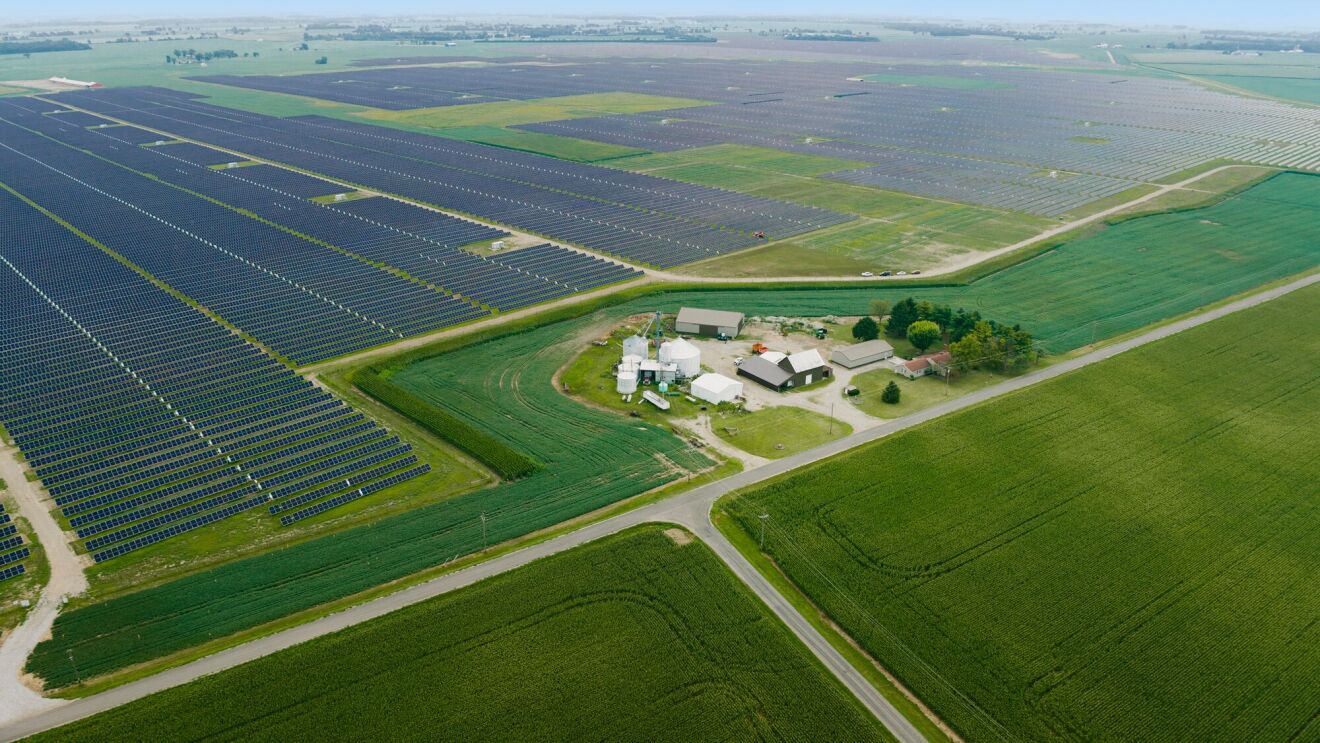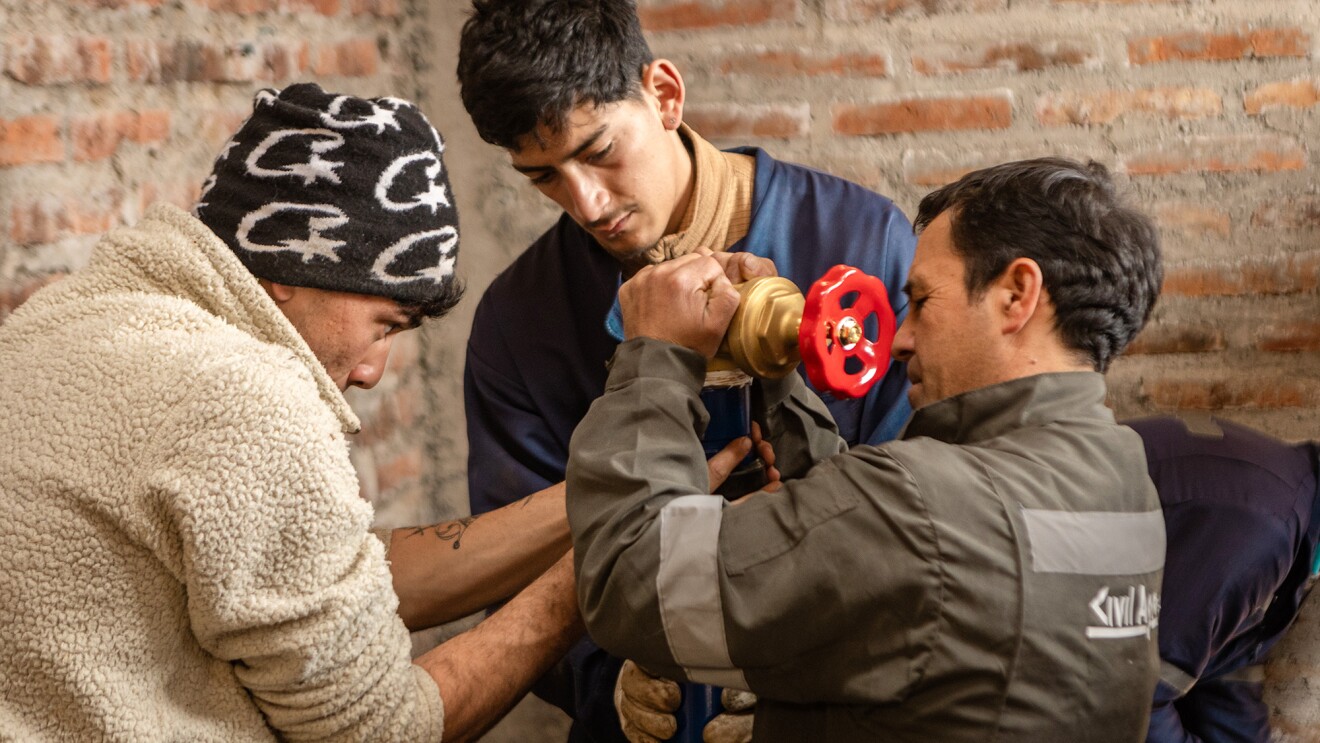We’re constantly inventing and thinking big to make our packaging small. We want to ensure that customers receive their items undamaged, while using as little packaging as possible to avoid waste, and prioritizing recyclable materials.
The removal of 95% of our plastic air pillows is another step in our path to avoid and reduce packaging—and part of our multi-year effort to remove plastic delivery packaging from North America fulfillment centers. To date, this will be Amazon’s largest plastic packaging reduction effort in North America and will avoid nearly 15 billion plastic air pillows annually. For Prime Day this year, nearly all of our customer deliveries will not contain plastic air pillows.
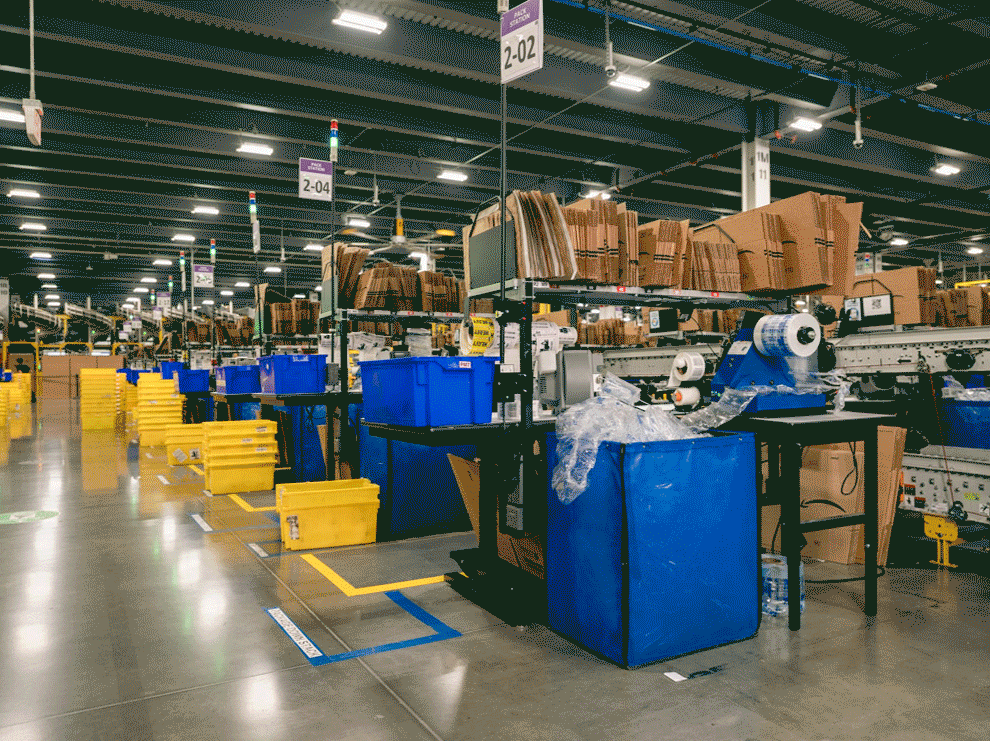
“I’m proud of the cross-Amazon collaboration to make a positive impact on the customer delivery experience with easier to recycle materials. It’s a great example of how we thoughtfully test and scale new solutions to protect our customer experience,” said Pat Lindner, VP of Mechatronics and Sustainable Packaging. “We are working towards full removal in North America by end of year and will continue to innovate, test, and scale in order to prioritize curbside recyclable materials.”
Last October, Amazon announced our first U.S. automated fulfillment center in Ohio to eliminate plastic delivery packaging, including the transition from plastic air pillows to paper filler. This work in Ohio allowed us to test and learn and move quickly on transitioning to paper filler for 95% of our shipments in less than a year. To achieve this, our teams collaborated with suppliers to source paper filler made from 100% recycled content, while also coordinating the transition across hundreds of our fulfillment centers. This included working with thousands of employees to change our machinery as well as to host employee trainings for these new systems and machines.
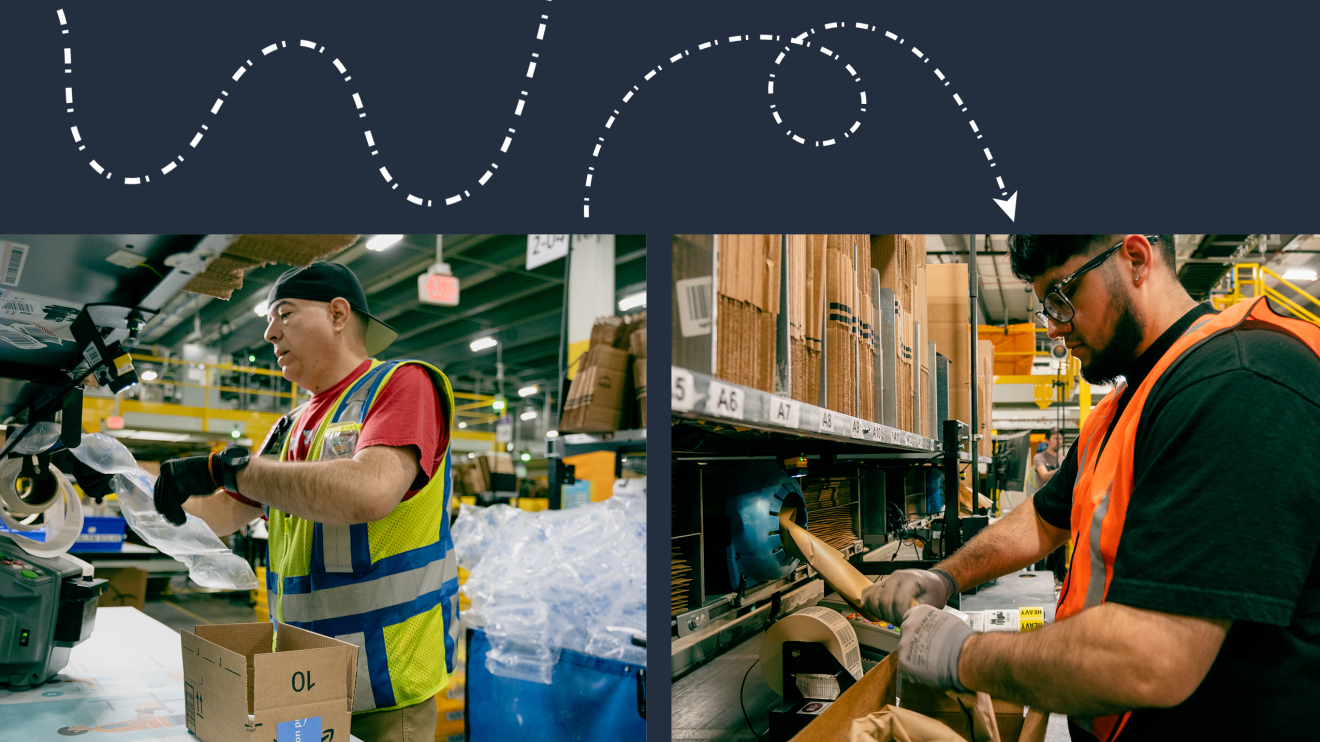
Through our testing of paper filler—which included an assessment by a third-party engineer lab—we discovered that it offers the same, if not better, protection to products than plastic air pillows. The paper filler is also curbside recyclable, making it easier for our customers to recycle at home, and made from 100% percent recycled content.
We’ve found that our teammates in our fulfillment centers love it, too. “I’m so excited we’re changing over to paper. It’s not only easier to work with, but the machinery gives us more space so it’s easier to pack orders. And I’m proud to be a part of a change that allows customers to recycle at home,” said Christian Garcia, fulfillment Associate at our BFL1 fulfillment center in Bakersfield, California.
This effort builds on Amazon’s ongoing investment in reducing packaging and increasing curbside recyclability across all of our operations, while ensuring products get to customers undamaged. This includes programs we’ve invested in for many years—like our work to ship items without any additional packaging. In 2022, 11% of all packages shipped by Amazon globally were without added Amazon delivery packaging through our Ships in Product Packaging program, where we test and certify products to ensure they can safely ship in their own packaging.
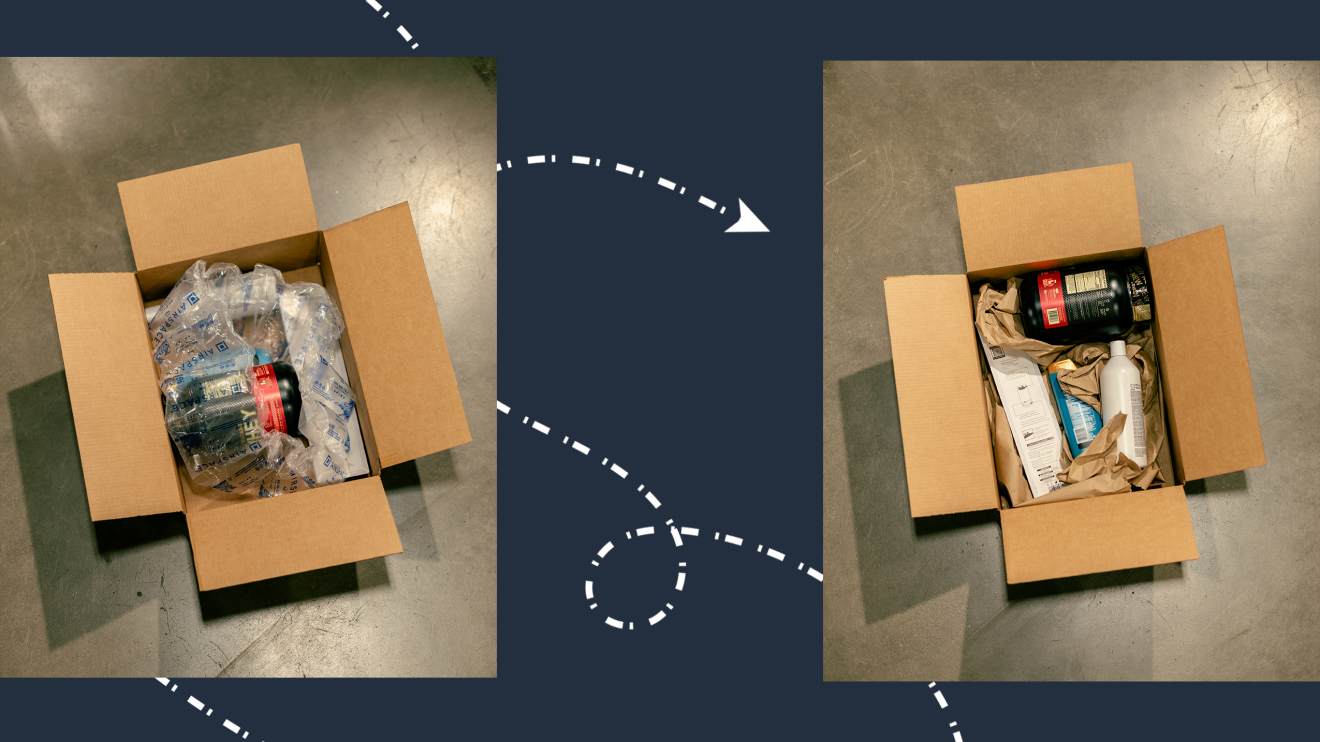
We’re also working to invent new materials and recycling solutions that keep both our customers and the environment in mind. For example, Amazon has teamed up with the U.S. Department of Energy to bring new materials and recycling programs to life. We’re also piloting new technology with Glacier, a San Francisco-based artificial intelligence (AI) and robotics company, to use AI-powered robots to automate the sorting of recyclables and collect real-time data on recycling streams for companies—which can help reduce landfill waste and increase the use of recycled materials in packaging.
Teams across Amazon are working every day to further our sustainability initiatives in our operations and provide customers with a more sustainable shopping experience, from improving our packaging to electrifying our delivery fleet and investing in renewable and carbon-free energy. We look forward to continuing to share our progress, and you can read our Sustainability Report to learn more.
Trending news and stories
- Amazon has launched our most advanced delivery drone yet—here’s everything you need to know
- AWS plans to invest at least $11 billion in Georgia to expand infrastructure to support AI and cloud technologies
- 3 ways Amazon is making Fire TV more accessible for customers with disabilities
- Watch how Amazon delivers to some of the most remote locations in Mexico





